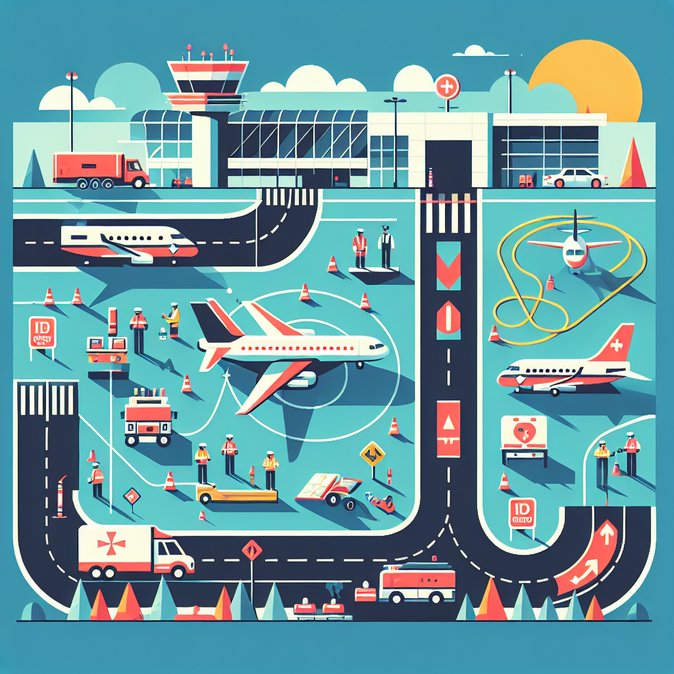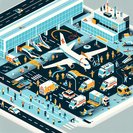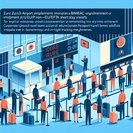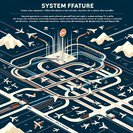
Geneva Airport will stage its mandated full-scale emergency exercise tonight, 19 November, between 22:00 and 02:00. The scenario simulates a twin-aircraft collision on the apron and mobilises more than 600 firefighters, medics and police officers, along with 80 emergency vehicles shuttling to local hospitals.
Although no commercial flights are scheduled during the Swiss night-curfew window, the drill will close sections of Route de l’Aéroport and Route de Meyrin. Mobility managers with late-arriving crews, cargo pick-ups or VIP transfers should reroute via the Vernier interchange and build in extra time for ID checks at perimeter gates. Public buses will operate but may skip stops adjacent to the fire station.
![Geneva Airport’s Overnight Crash Drill Likely to Snarl Access Roads]()
Under federal aviation regulations, Swiss airports must run such disaster simulations every two years to test coordination between airport operators, canton-level first responders and cross-border mutual-aid units from France. Geneva’s 2023 drill identified bottlenecks in patient triage and radio interoperability; officials say those fixes will be evaluated tonight.
For companies with Geneva-based staff, the main impact is ground-transport disruption rather than flight delays. However, airport badges may be spot-checked, and visible smoke plumes could alarm unaware travellers. HR teams are advised to push alerts via travel-risk apps and remind employees that the exercise is only a drill. Normal operations resume at first departure bank tomorrow morning.
The next major operational change at Geneva Airport will be the mid-2026 roll-out of the EU Entry/Exit biometric system. Tonight’s exercise provides a timely stress test of crowd management procedures that will be essential when new border-control kiosks come online.
Although no commercial flights are scheduled during the Swiss night-curfew window, the drill will close sections of Route de l’Aéroport and Route de Meyrin. Mobility managers with late-arriving crews, cargo pick-ups or VIP transfers should reroute via the Vernier interchange and build in extra time for ID checks at perimeter gates. Public buses will operate but may skip stops adjacent to the fire station.

Under federal aviation regulations, Swiss airports must run such disaster simulations every two years to test coordination between airport operators, canton-level first responders and cross-border mutual-aid units from France. Geneva’s 2023 drill identified bottlenecks in patient triage and radio interoperability; officials say those fixes will be evaluated tonight.
For companies with Geneva-based staff, the main impact is ground-transport disruption rather than flight delays. However, airport badges may be spot-checked, and visible smoke plumes could alarm unaware travellers. HR teams are advised to push alerts via travel-risk apps and remind employees that the exercise is only a drill. Normal operations resume at first departure bank tomorrow morning.
The next major operational change at Geneva Airport will be the mid-2026 roll-out of the EU Entry/Exit biometric system. Tonight’s exercise provides a timely stress test of crowd management procedures that will be essential when new border-control kiosks come online.









